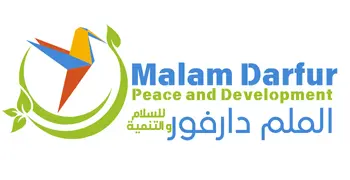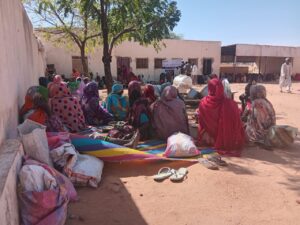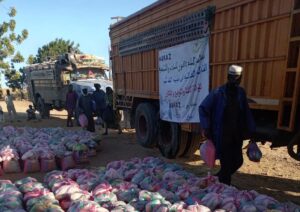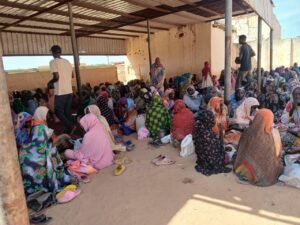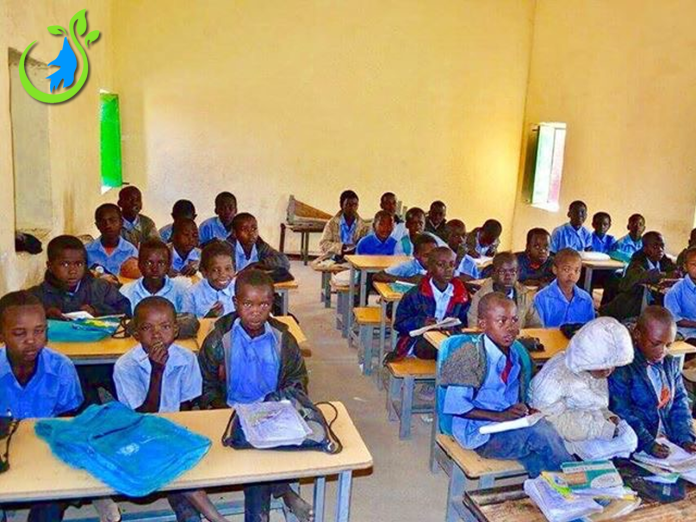Recovery and reconciliation efforts in Al-Malam started immediately in the aftermath of the Darfur war, which broke out in 2003. Al-Tayeb Mohammed Abdul-Rasoul, of Al-Malam, initiated these huge efforts based on the legacy of the “Ajawid”, which is the term for the mechanism of local leaders who mediate to resolve conflict and achieve reconciliation. It mainly aims at acknowledging the damage one party inflicted on the other, and seeking reasonable redress. His goal was to mitigate the impact of the war that affected the social cohesion, and he was successful in providing 75 thousand US dollars, and established a committee to dispense this compensation.
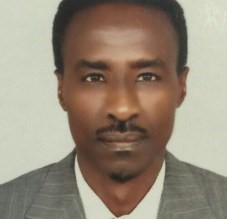
In 2008, Al-Tayeb Mohammed Abdul-Rasoul took the recovery initiative to an important stage by developing service projects in the fields of health, education, and mosques. His efforts addressed deterioration that engulfed Al-Malam locality. He reached out to local philanthropists and the diaspora community to raise funds for the projects. He was able to achieve the following:
Reconstruction of Al-Malam health clinic, built in the 1950s, and had been the primary medical care facility not only to the people of Al-Malam, but to around 300,000 people in the northern rural area of South Darfur.
Built Umm al-Qura Mosque which became the second largest mosque in Al-Malam locality, and allowed residents in the northern side to have access to a closer location than Al-Malam’s main mosque located in the southern side. MDPD is working on building five additional mosques in Al-Malam, Keila, Turbah, Um Dasho, and Nyala, the capital of South Darfur state.
Contributed to the building of a new school, Western Primary School, which accommodates 400 students living in the western neighborhoods of Al-Malam. The school accommodated the growth of the village population and the need for additional schools.
Reconstructed the main Al-Malam Primary School, which is one of the most important projects Tayeb Mohammed Abdul Rasool had done for the following reasons:
Built as a primary school in 1944, it was one of the first schools in the northern rural areas of South Darfur State.
Until recently, it was the only school that accommodated students from Al-Malam and neighbouring villages such as East Jebel Marra, Mirching, and even Nyala, the capital of South Darfur state.
Now, Al-Malam Primary School seats more than 400 students who achieve superior results as they transition to higher education.
The rebuilding of Al-Malam Primary School set an example in sacrifice and devotion, Al-Tayeb Mohammed Abdul-Rasoul was not only able to raise more than 400 thousand US Dollars. Al-Tayeb’s fellow graduates of the 1982 batch of the Faculty of Economics of the University of Khartoum also gave a financial contribution, deeply appreciated by Al-Malam community. This fundraising saved this remarkable educational institution that was a key factor in Darfur’s educational renaissance, that started before Sudan’s independence.
Malam Darfur Peace and Development (MDPD) was established in 2011 to expand on the efforts of Al-Tayeb Mohammed Abdul Rasool. From the inception of MDPD, he was an adviser and a main contributor to the most strategic projects. Al-Tayeb supported projects such as Women Peace Ambassadors and the Higher Committee for Peace. He also fully funded the return of the displaced people of Keila village in February 2017, as well as provided similar support for returnees of Turba in December 2017, along with the returnees of Magbolah and Shawayah in April 2018. In honor of his late parents, he established a project that built temporary houses for internally displaced people returning to Magbolah and Shawayah. Understanding the importance of trade and the economy aiding recovery, MDPD worked tirelessly on reconstructing parts of Al-Malam market
Reconstructing parts of Al-Malam market restored residents’ confidence who soon begun to carry out their business, that had been stalled during the war and affected many buddiness owners. Al-Malam market was one of the largest rurual markets in Darfur due to its stratgigic location and 300 truckloads of goods visited weekly and traded in more than 10,000 heads of livestock.
This approach that combines peacebuilding efforts with peace incentives encouraged international and local partners to fund our projects, including the United States Agency for International Development (USAID), the United States National Fund for Democracy (NED), Sadagat and more recently, the Custodian of the Two Holy Mosques King Abdullah bin Abdul Aziz The International Humanitarian Action Fund, which has allocated sixty three million and three hundred thousand dollars for the reconstruction of Al-Malam and neighbouring areas in the northern localities of South Darfur state and to provide the necessary infrastructure. This is a model that we are proud to present to young generations and it represent the fruits of the collective work of leadership, planning and implementation.
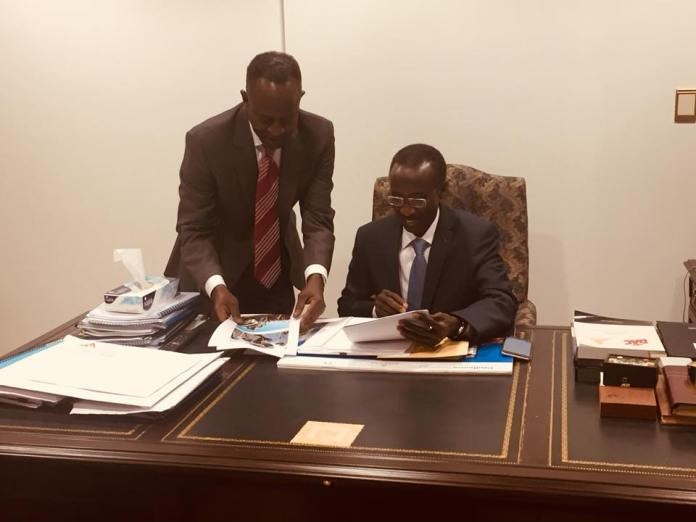
Al-Tayeb Mohammed and Lukman Ahmed
